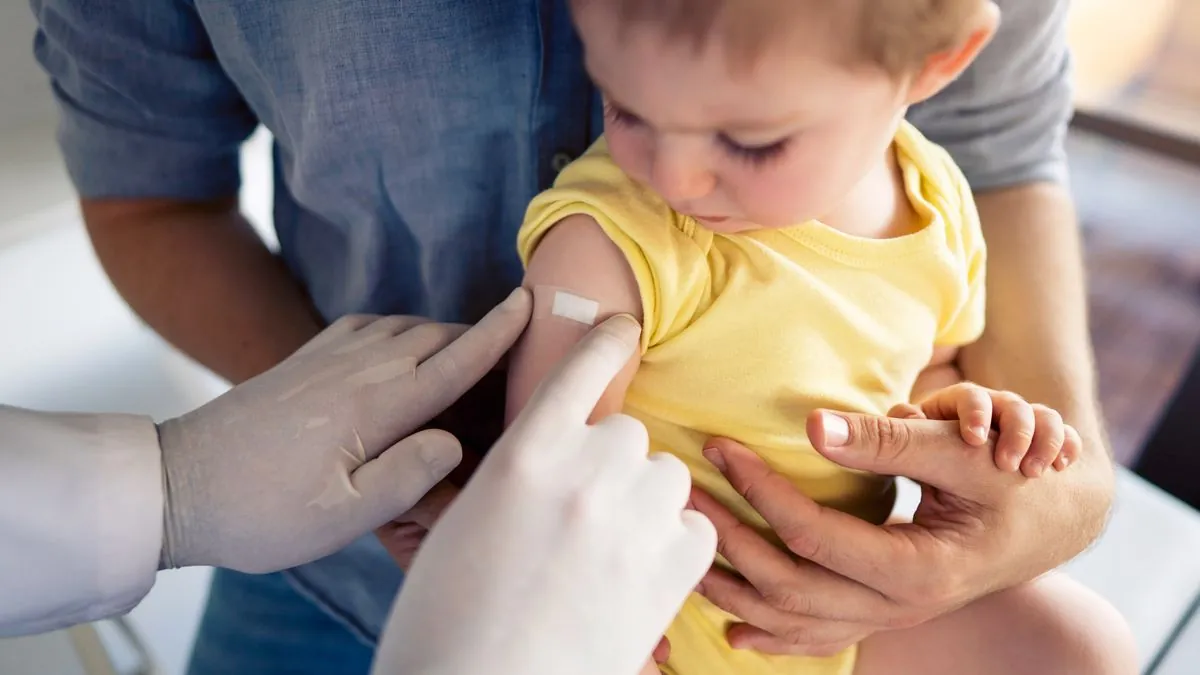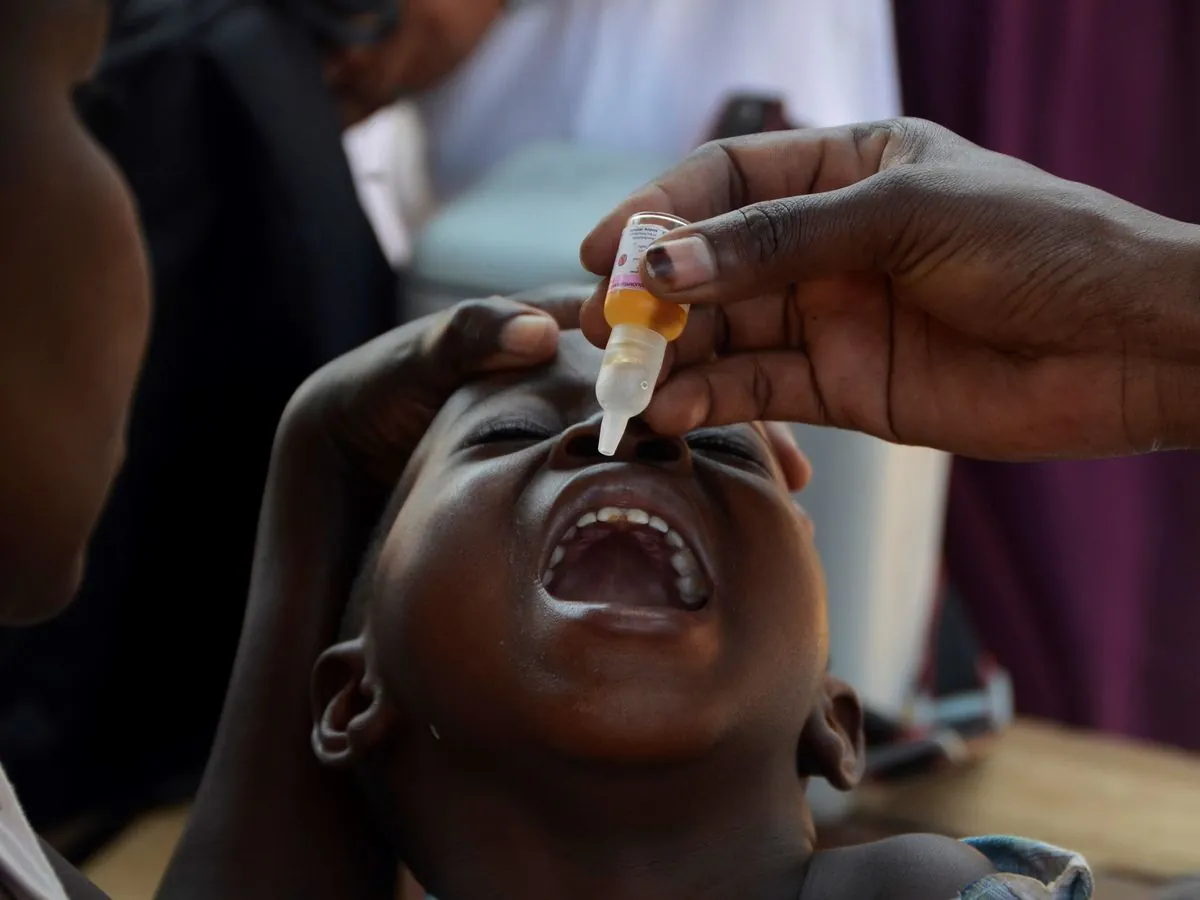WHO and Israel Agree on Gaza Pauses for Crucial Polio Vaccinations
WHO announces agreement with Israel for brief pauses in Gaza conflict to vaccinate children against polio. Campaign targets 640,000 kids under 10, following first case in 25 years.

The World Health Organization (WHO) has reached an agreement with Israel to implement limited pauses in the ongoing conflict in Gaza. These pauses aim to facilitate a critical polio vaccination campaign for children in the region. The initiative comes in response to the first confirmed polio case in Gaza in 25 years, highlighting the urgent need for preventive measures.
Rik Peeperkorn, WHO's representative in the Palestinian territories, outlined the vaccination plan during a United Nations press conference. The campaign is set to commence on Sunday, September 1, 2024, in central Gaza, with daily pauses from 6 a.m. to 3 p.m. for three consecutive days. These pauses may be extended by an additional day if necessary.
The vaccination effort targets 640,000 children under the age of 10, aiming to administer two doses of oral polio vaccine. The second dose will be given four weeks after the initial round. To ensure the campaign's success, health officials stress the importance of vaccinating at least 90% of children in Gaza to halt polio transmission effectively.
"I'm not going to say this is the ideal way forward. But this is a workable way forward."

The campaign involves over 2,100 health workers from UN agencies and the Gaza Ministry of Health, operating at numerous sites across Gaza and through mobile teams. This collaborative effort underscores the critical nature of the vaccination drive amidst challenging circumstances.
The need for this urgent campaign arose after a 10-month-old infant, Abdel-Rahman Abu El-Jedian, was diagnosed with partial paralysis caused by a mutated polio strain. This case emerged due to the disruption of regular vaccination schedules following the conflict that began on October 7, 2023.
Polio, a highly infectious viral disease primarily affecting children under 5, can lead to irreversible paralysis in about 1 in 200 infections. The Global Polio Eradication Initiative, launched in 1988, has been instrumental in reducing polio cases worldwide by 99%. However, the disease remains endemic in Afghanistan and Pakistan as of 2024.
The strain affecting Gaza evolved from a weakened virus originally used in oral vaccines but removed in 2016 to prevent vaccine-derived outbreaks. This situation highlights the complex challenges in global polio eradication efforts.
The humanitarian crisis in Gaza has created conditions conducive to disease spread. Displaced Palestinians often reside in crowded tent camps near unsanitary conditions, which aid workers describe as breeding grounds for diseases like polio.
While this agreement represents a step towards addressing the immediate health crisis, it is not a comprehensive cease-fire. Negotiations for a broader truce between Israel and Hamas continue, with mediation efforts led by the United States, Egypt, and Qatar.
The success of this vaccination campaign is crucial not only for the children of Gaza but also for maintaining the progress made in global polio eradication efforts. As the world watches, the hope is that this initiative will protect vulnerable populations and prevent further spread of the disease in challenging circumstances.


































